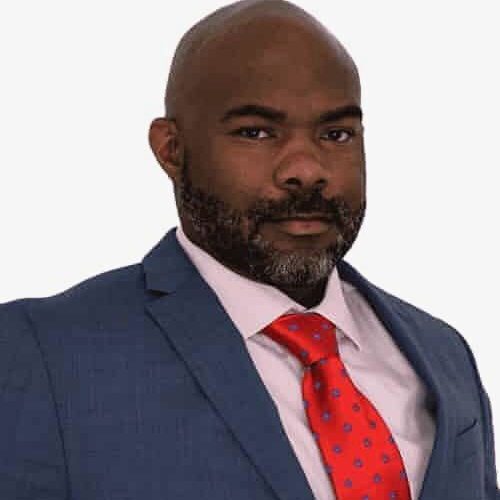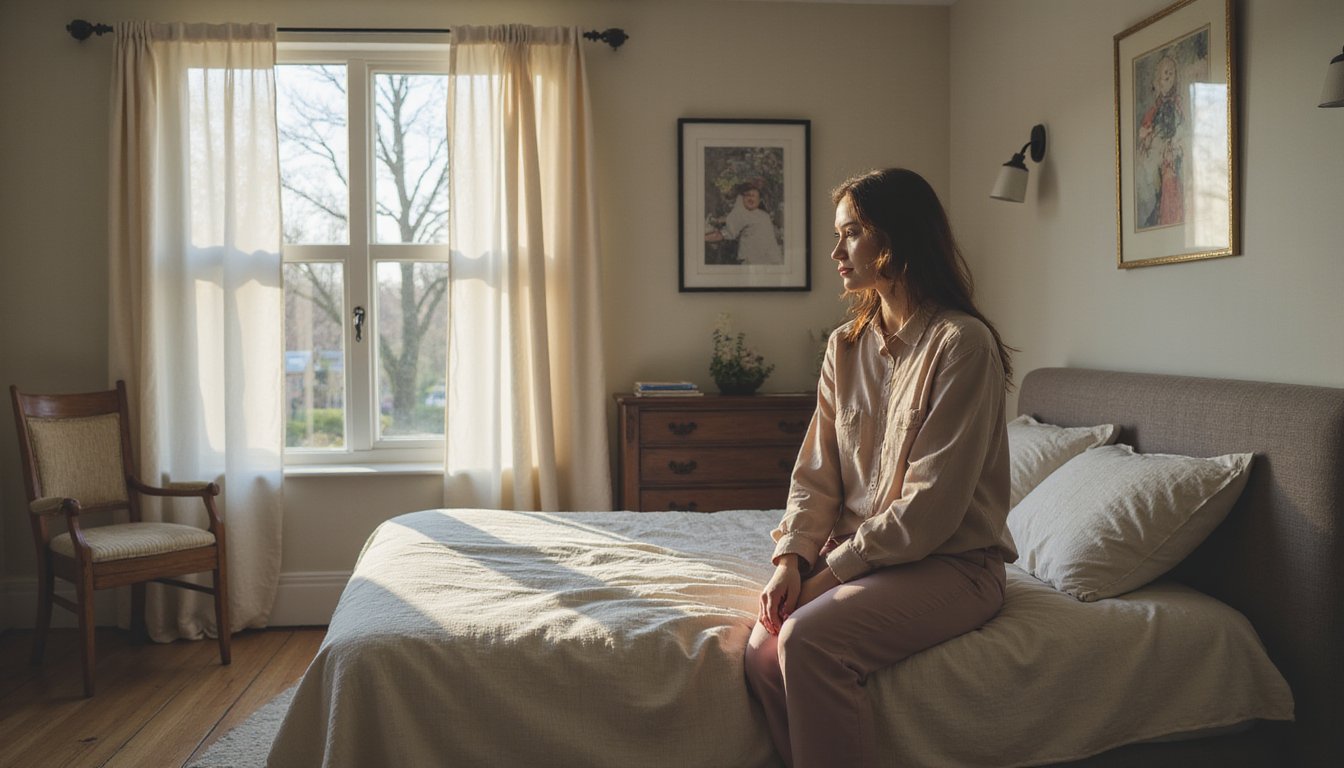It is unclear whether substance abuse causes homelessness, or vice versa. Whatever the case, the homeless are one demographic that are at higher risk of being addicted and needing treatment.
What does one do in the situation of having a family member who is not only homeless but also addicted to substances like alcohol or drugs? Opening up one’s home is not always the best option, and sometimes not an option at all.
Treatment Options for the Homeless
It is difficult to say with any accuracy the number of homeless people who have an addiction, although some studies have shown that it is nearly half of all homeless individuals. Substance abuse is a constant risk with the homeless, and not only are they at a much higher risk of addiction, they are also more likely to suffer from depression, schizophrenia and other mental health disorders.
One of the first places a homeless individual can turn to for help are the homeless shelters. Most homeless shelters carry information on treatment options, and the employees and volunteers there will be able to guide the individual in the right direction. Local community clinics and hospitals are also a good place to start.
Mere treatment is not enough to cater to this demographic. Any recovery program should also take care to include:
- Vocational and educational services to help homeless individuals regain independence and become self sufficient after treatment;
- Routine health check ups and other medical services;
- Mental health services to help them with mental issues; and
- Residential services so the individual has a place to live during treatment.
Barriers to Treatment
It isn’t surprising that homeless individuals face many barriers to receiving treatment for addiction. For example, the individual could be in denial about their situation. It is common for homeless individuals to mistrust authority figures like the police, and so they are reluctant to ask them for help. Being homeless, it is obvious that these individuals are facing severe financial difficulties and are most likely unable to pay for any treatment, and don’t have insurance to help cover it.
In conclusion, when a family member or loved one is going through a bad time, being addicted and homeless, one wants to help. However one may be limited in what one can do. Finding a comprehensive recovery program and supporting the individual on their path to getting sober is a good way to help.
Recovery is hard work but you don’t have to do it alone. Call The Villa to find out how we can support your goals for sober living.






